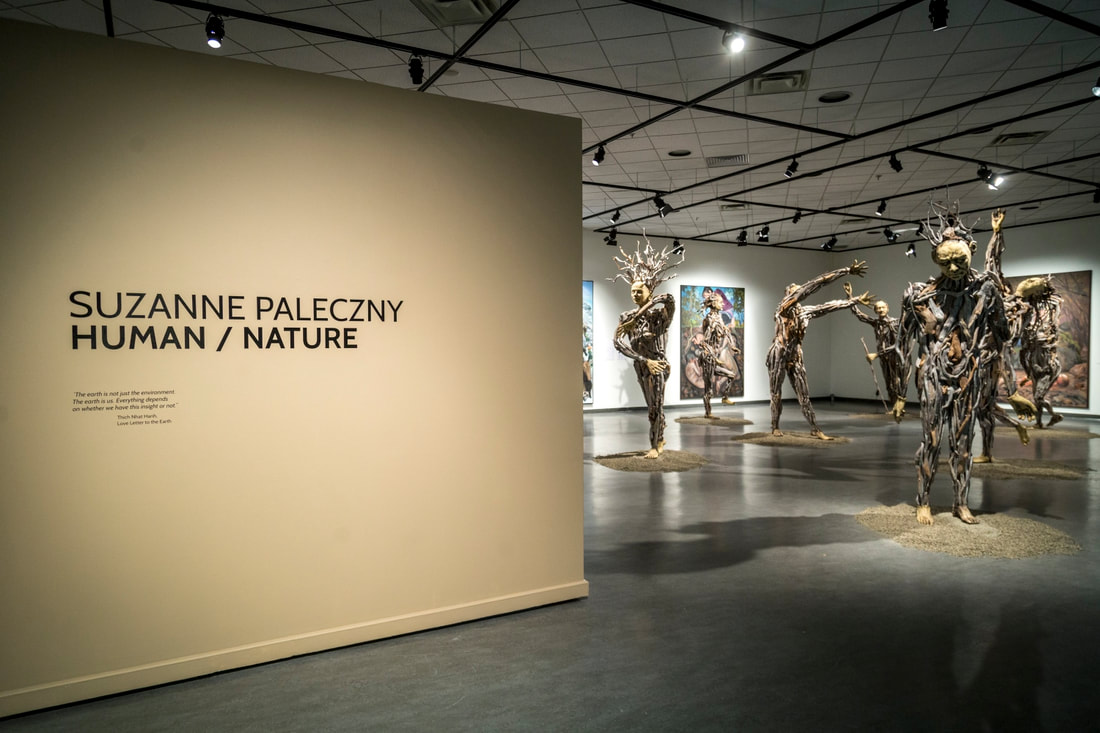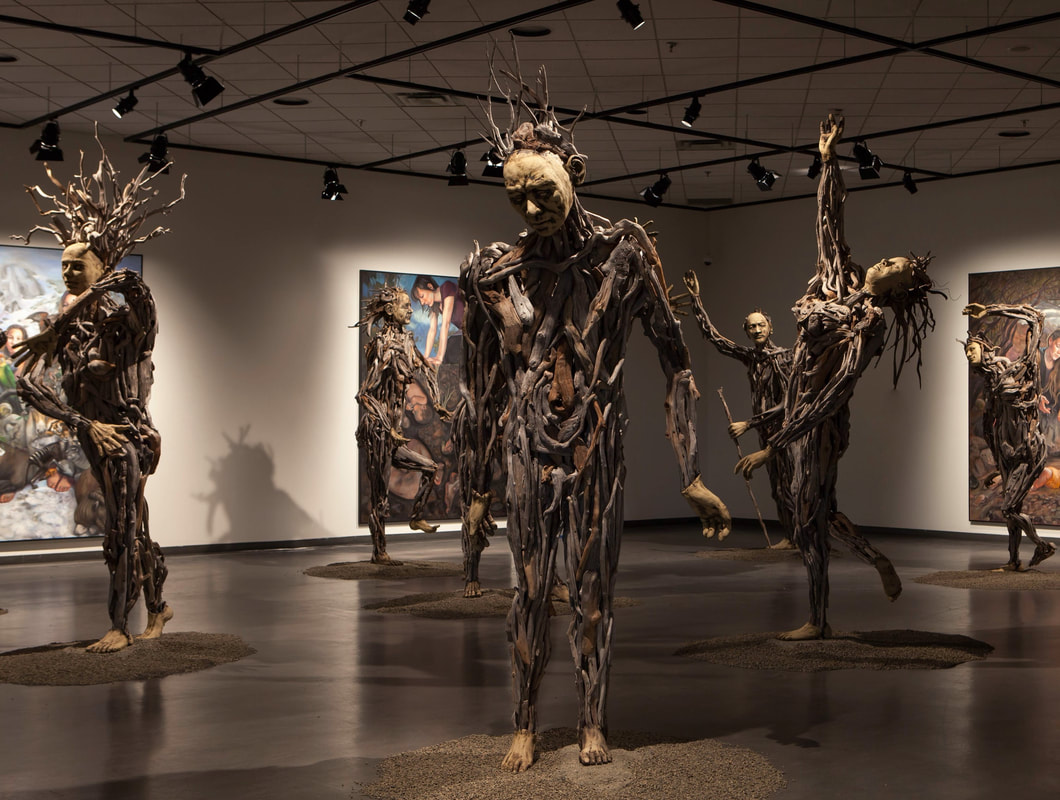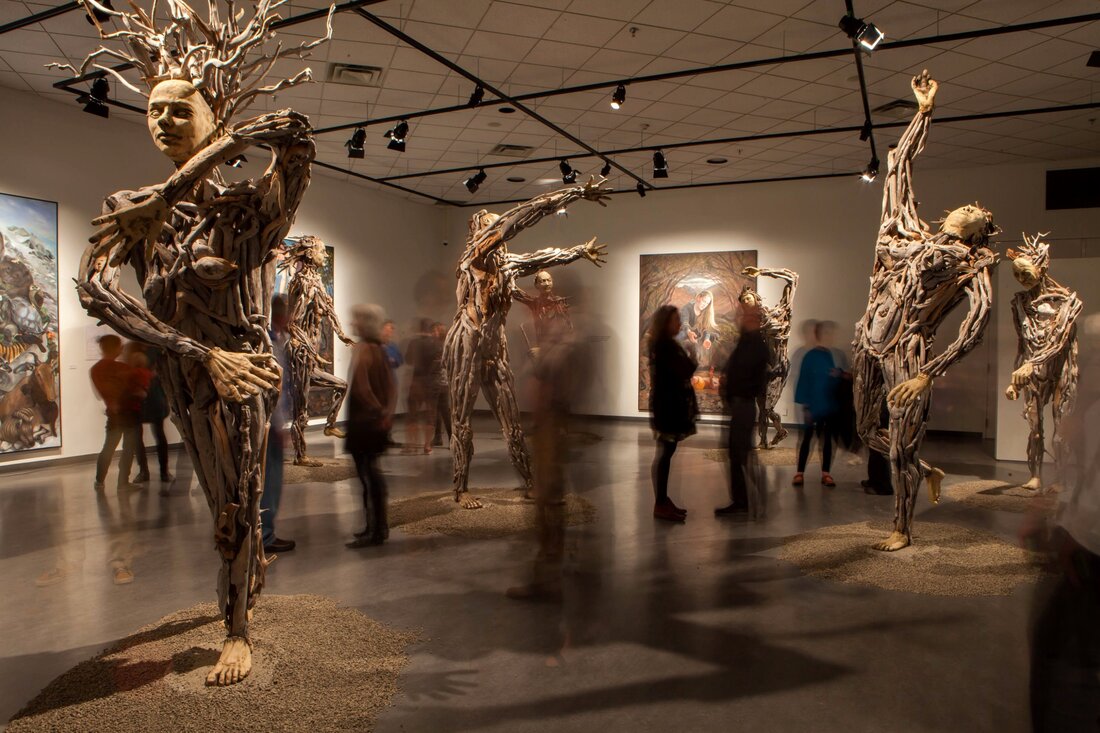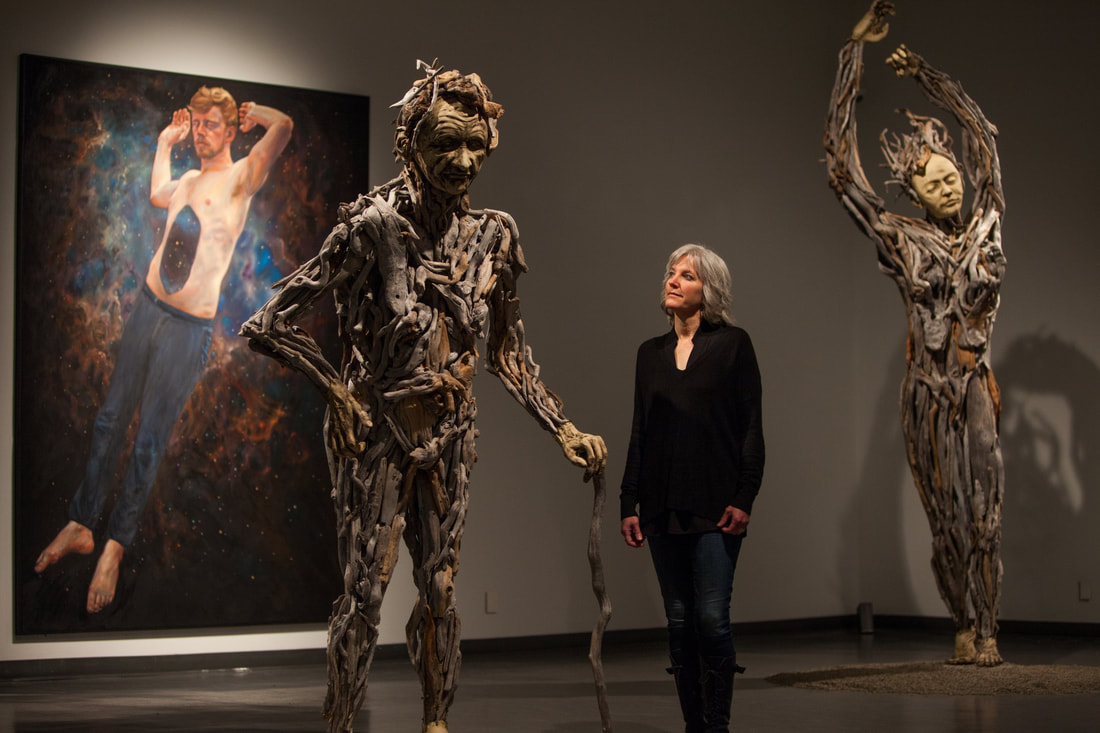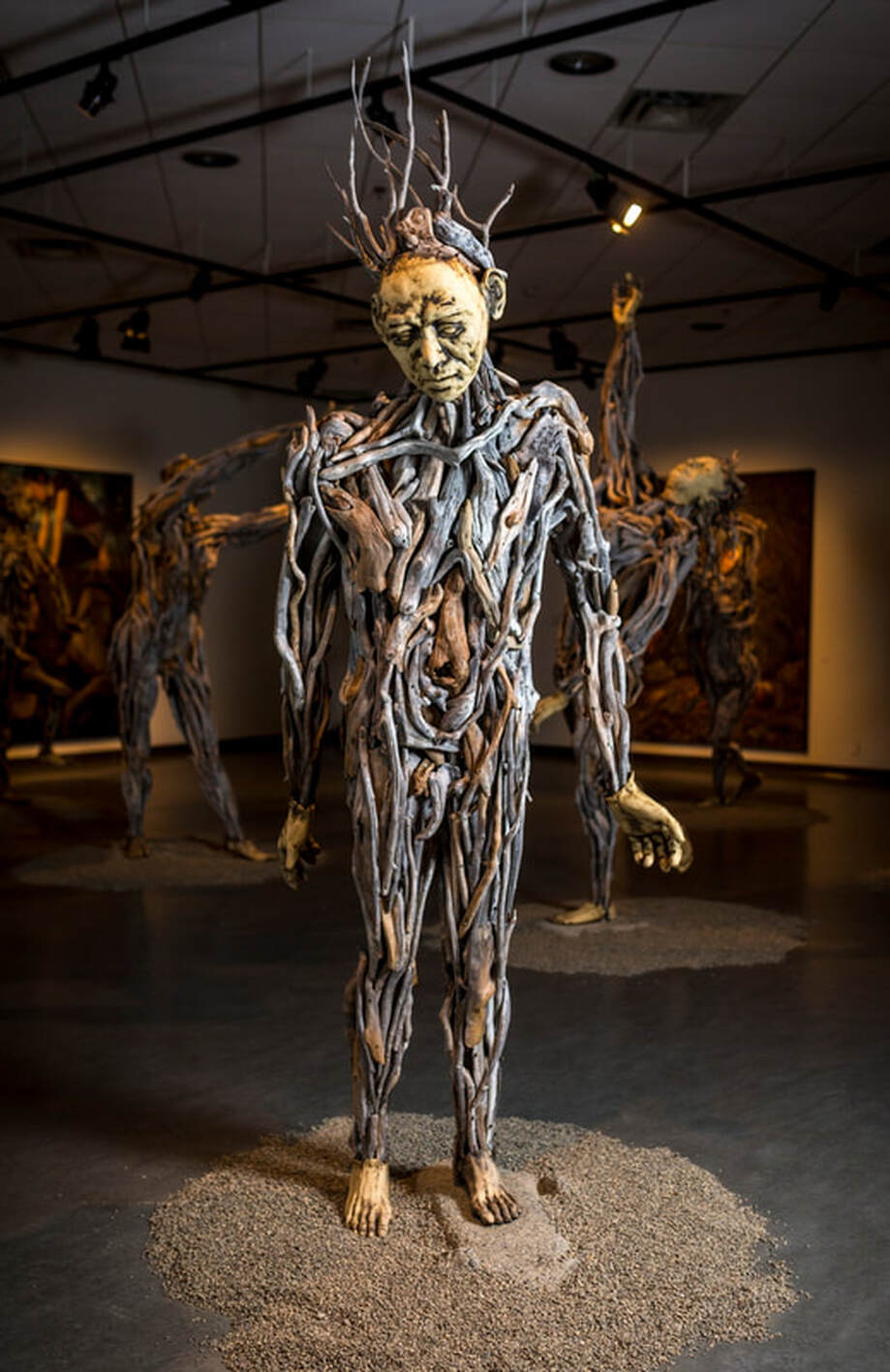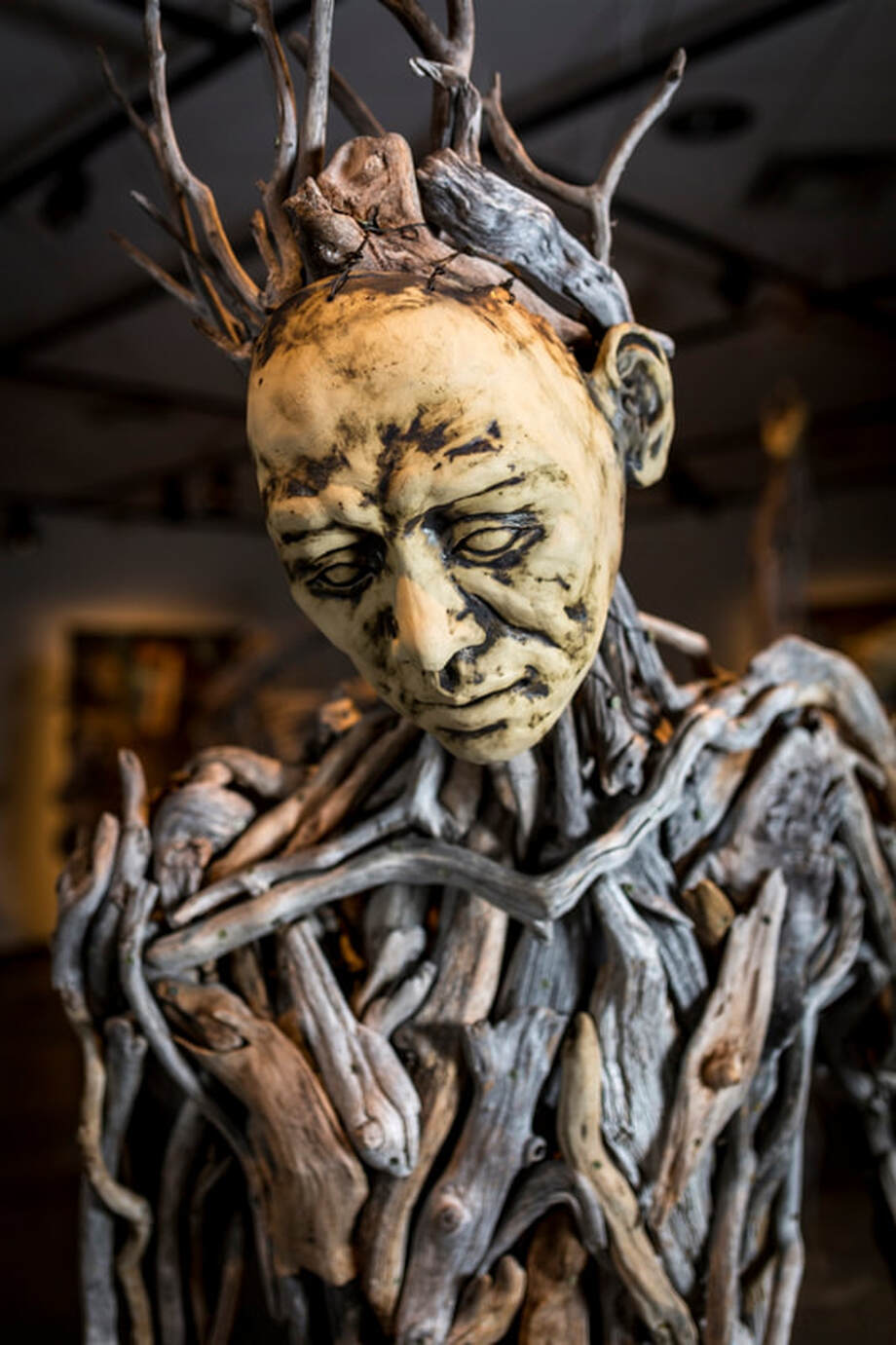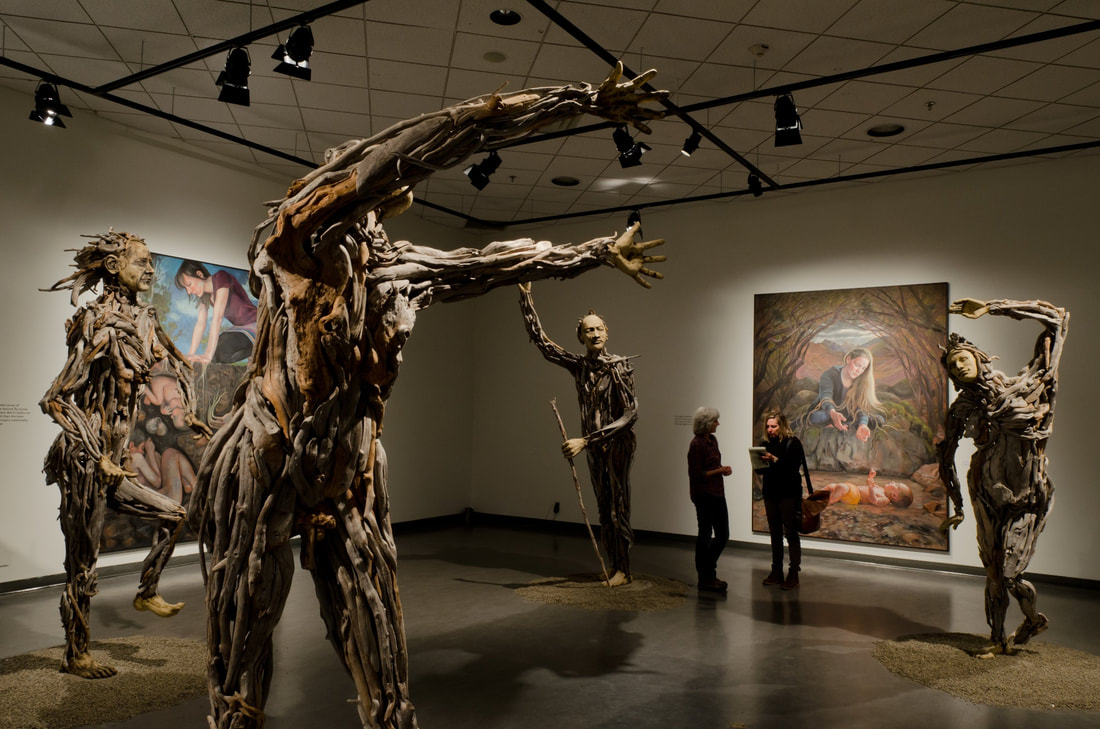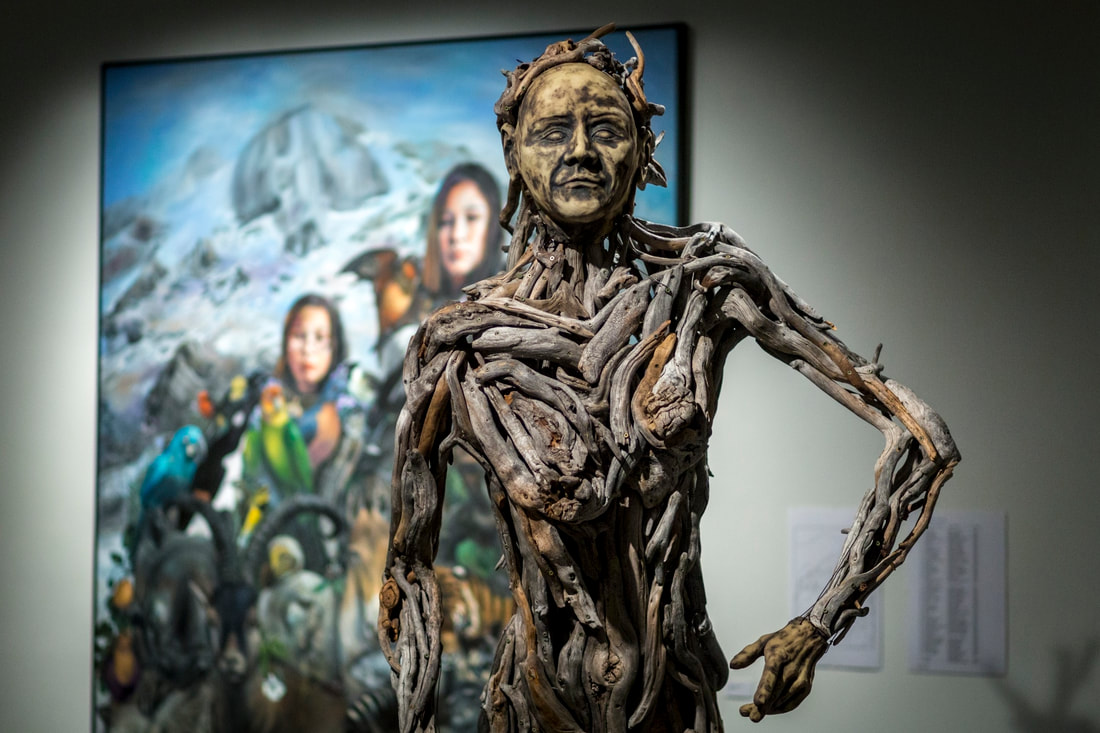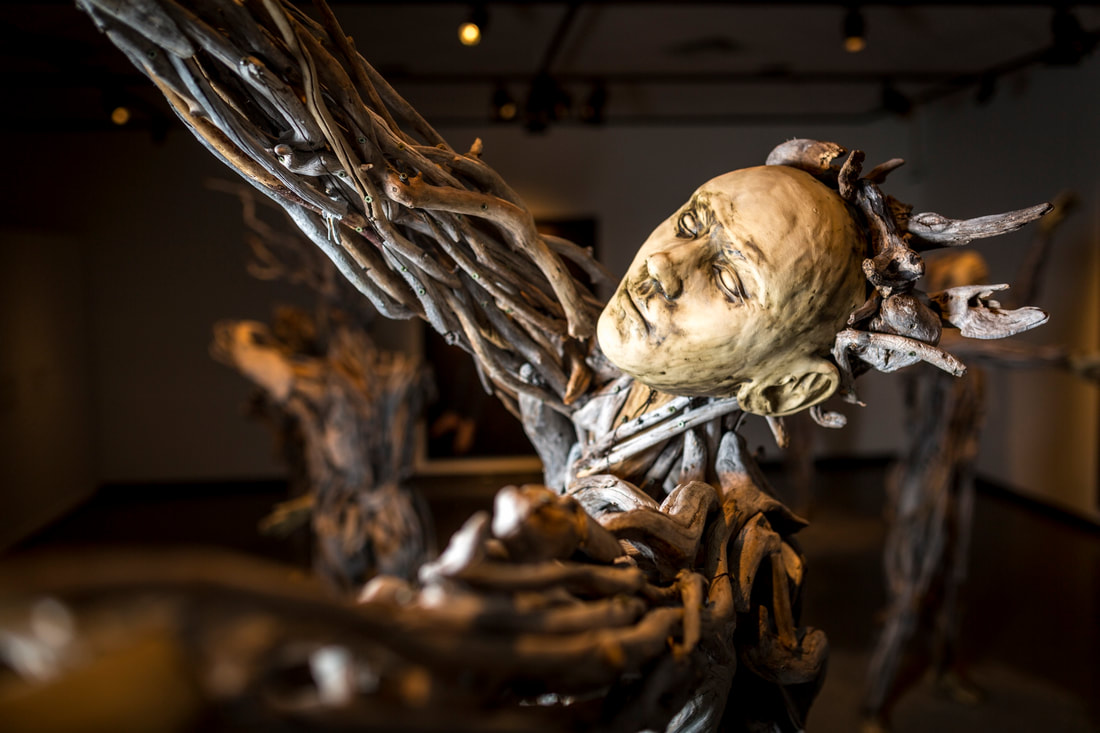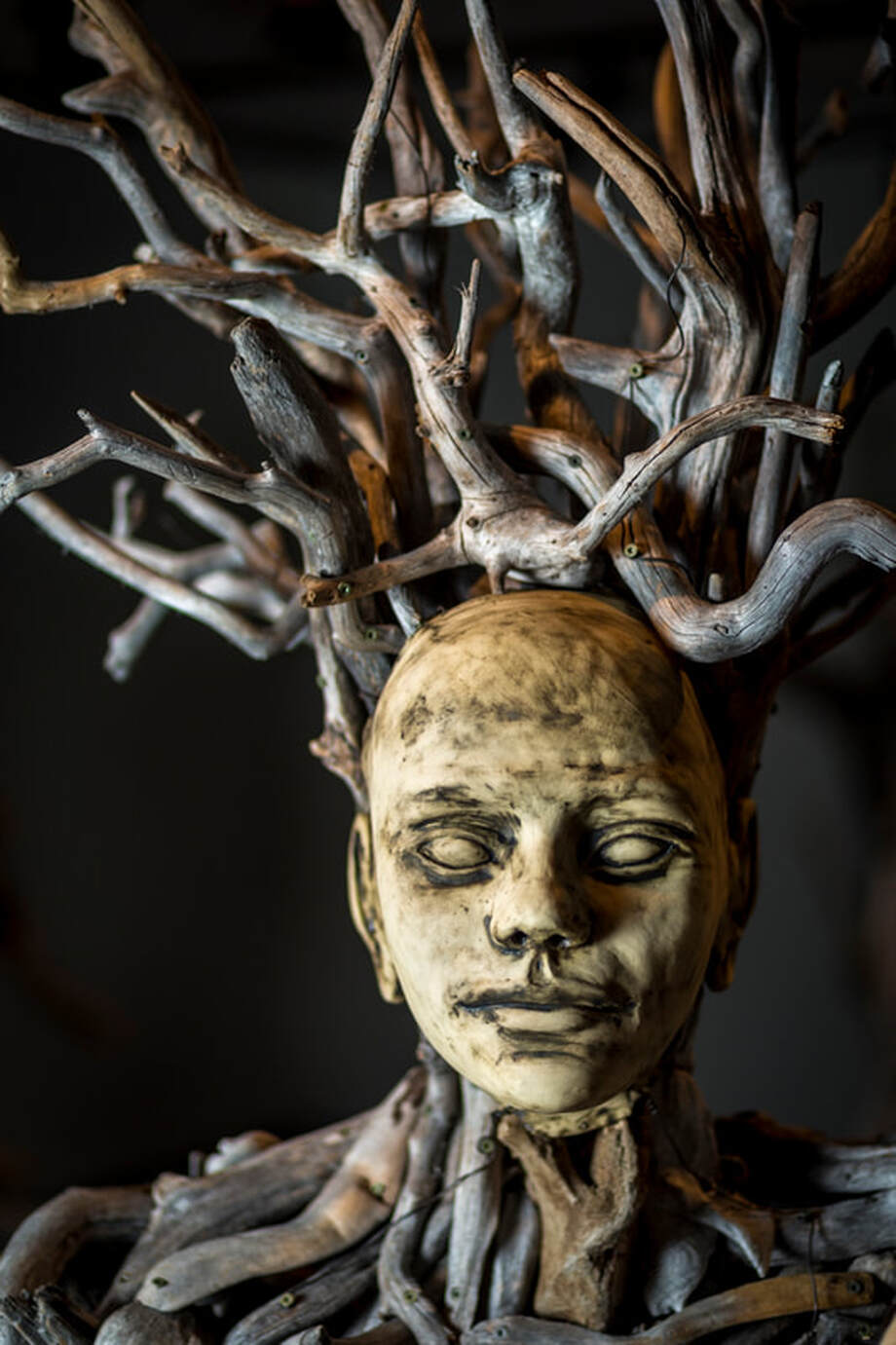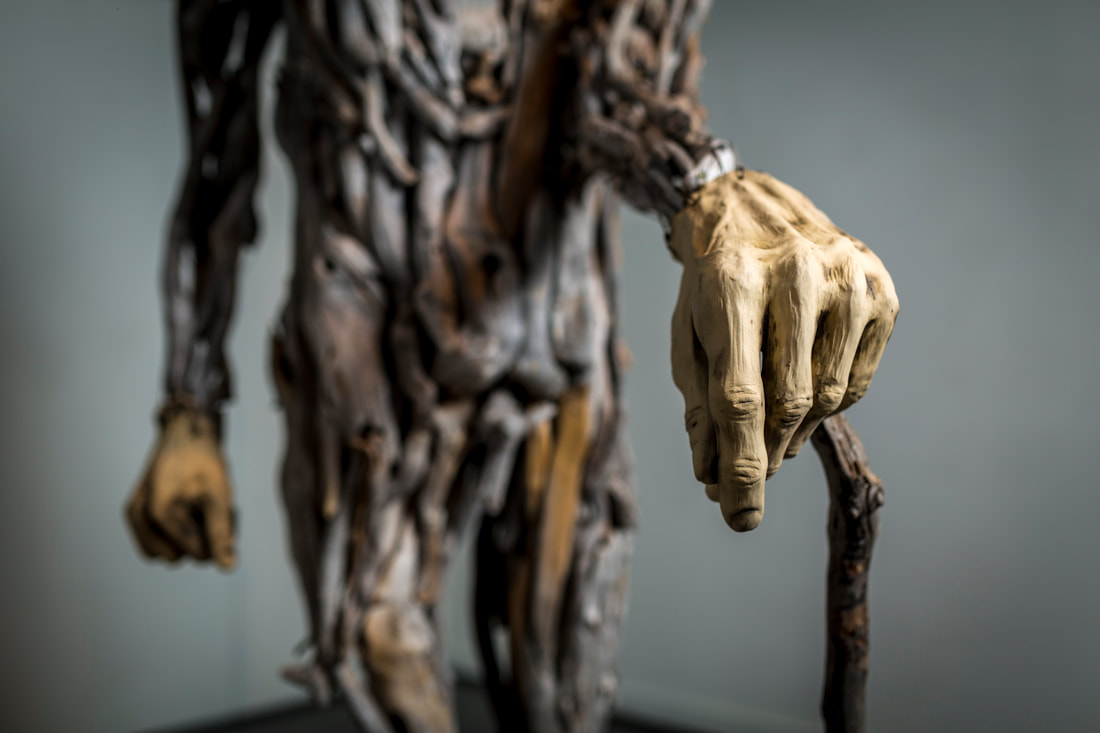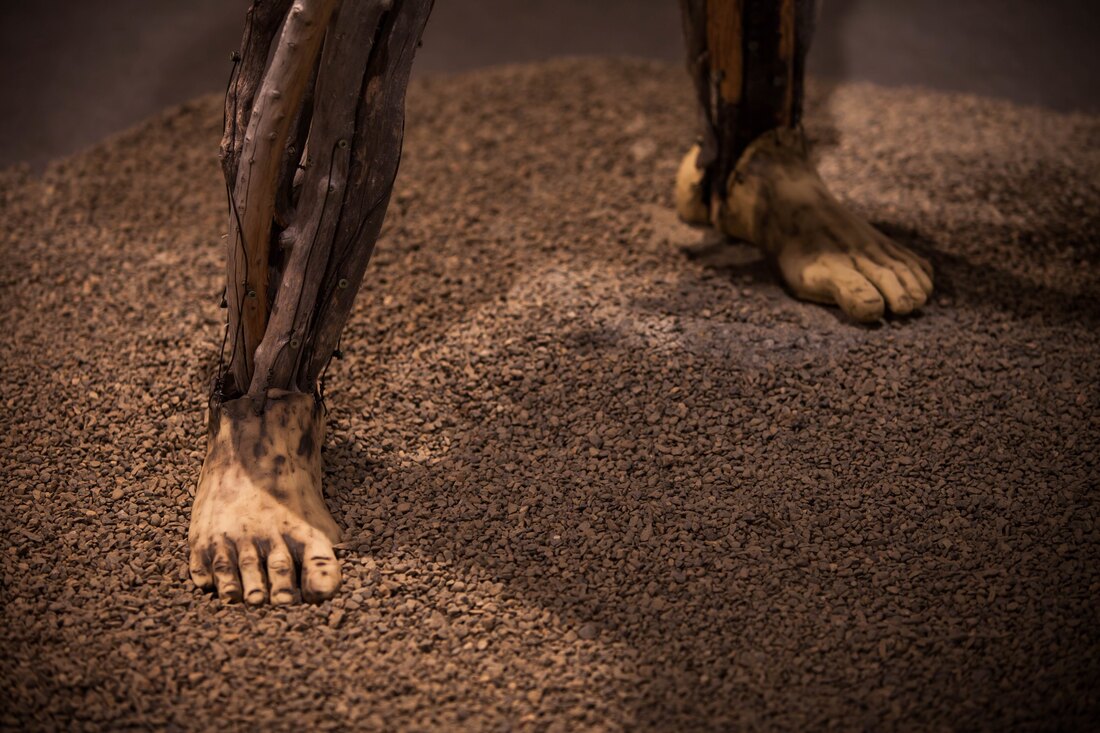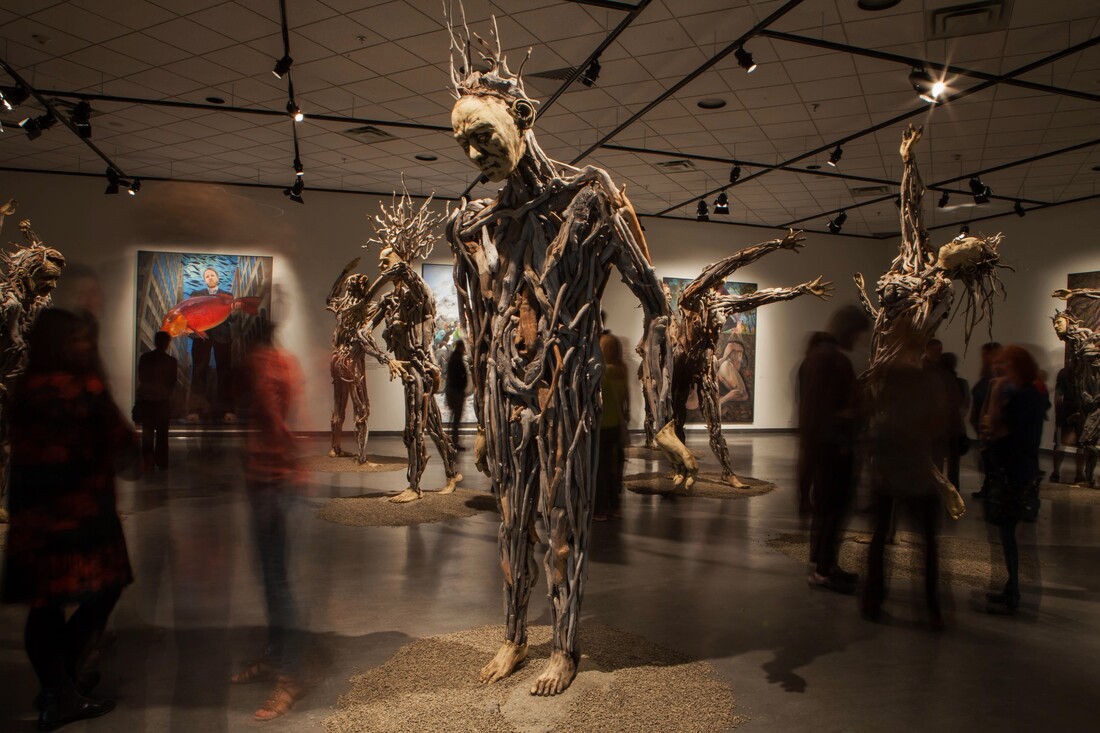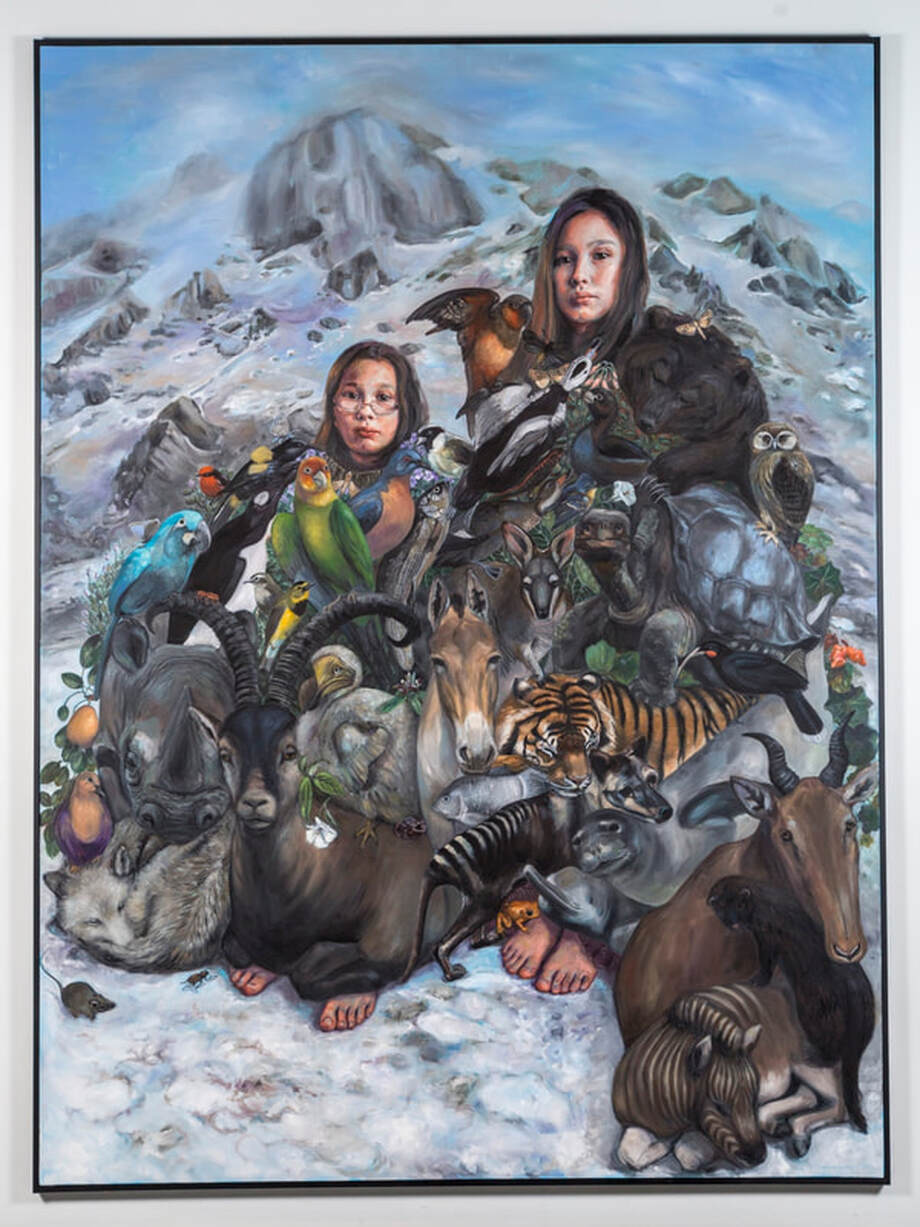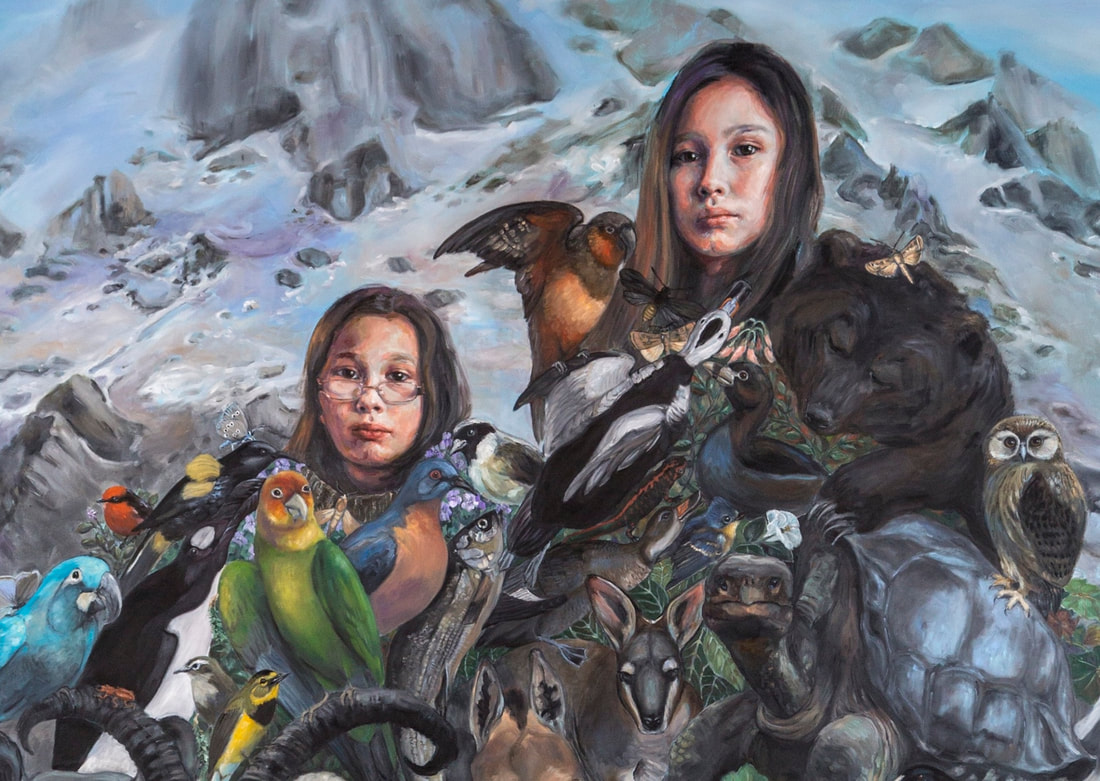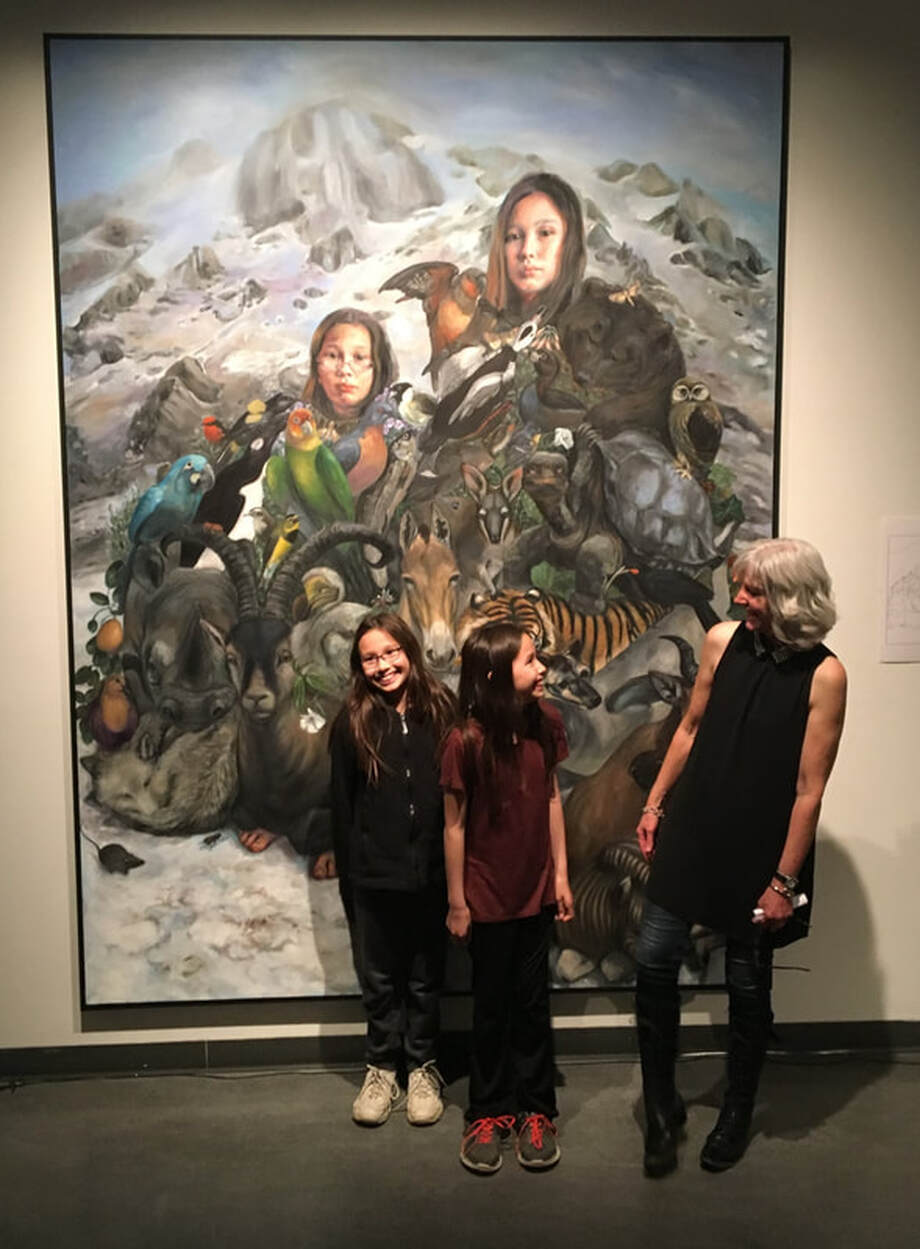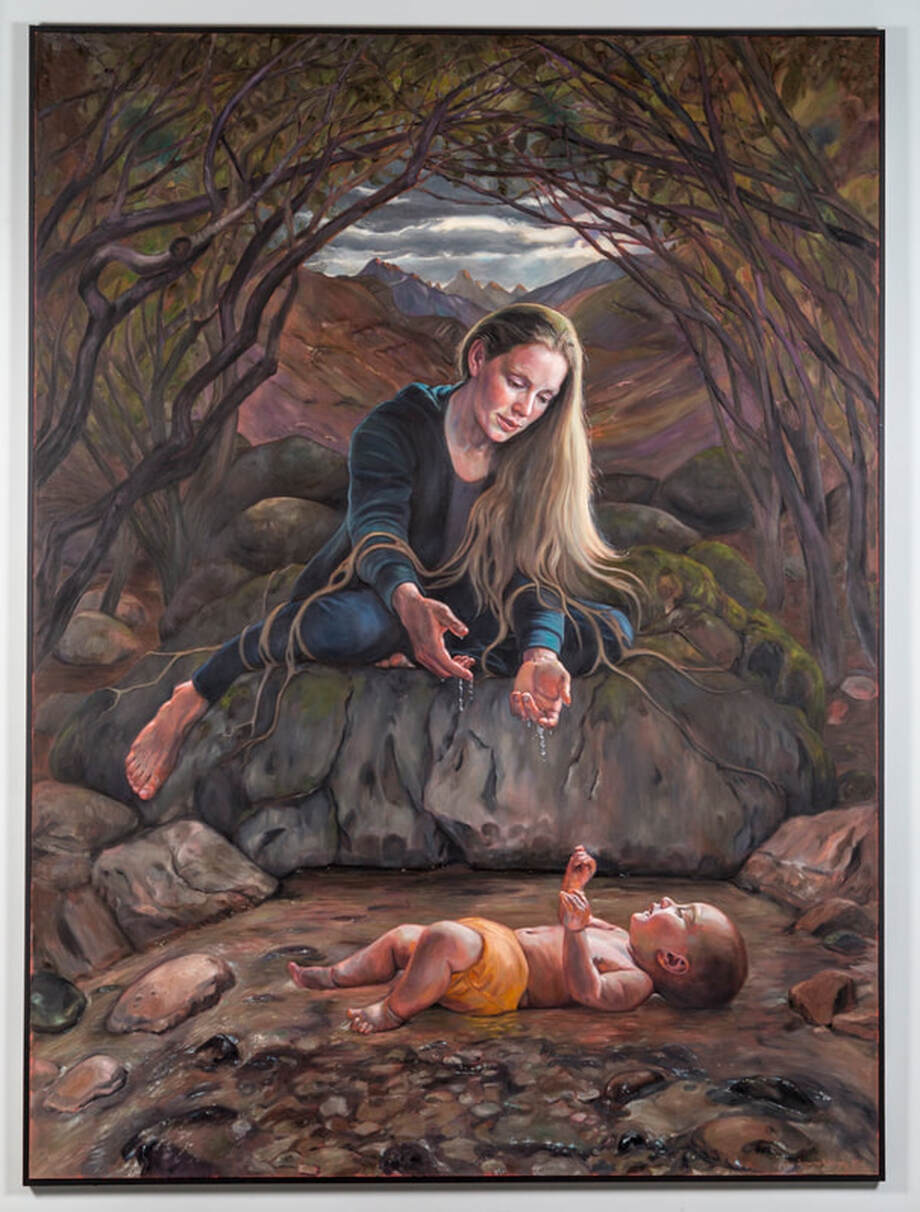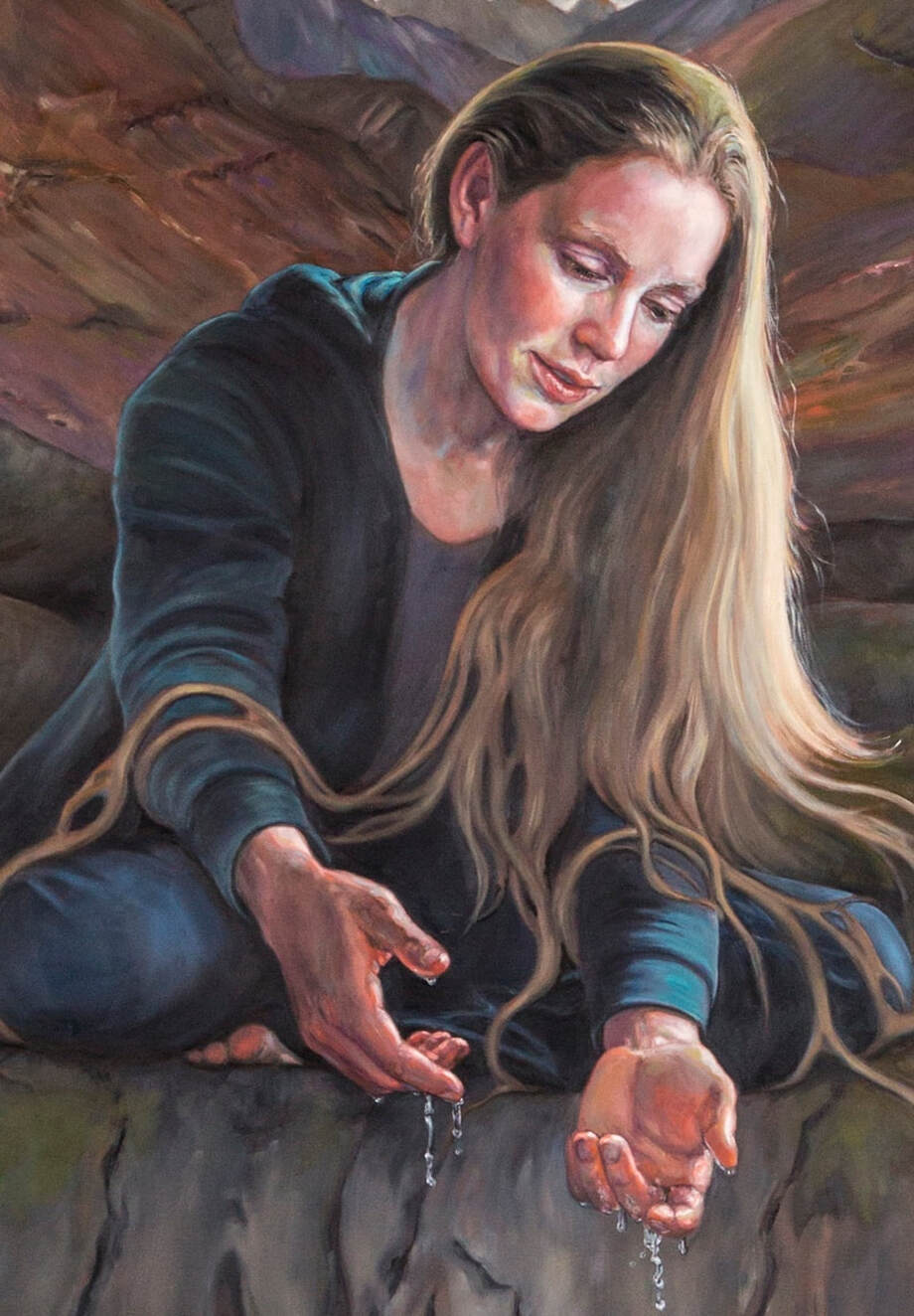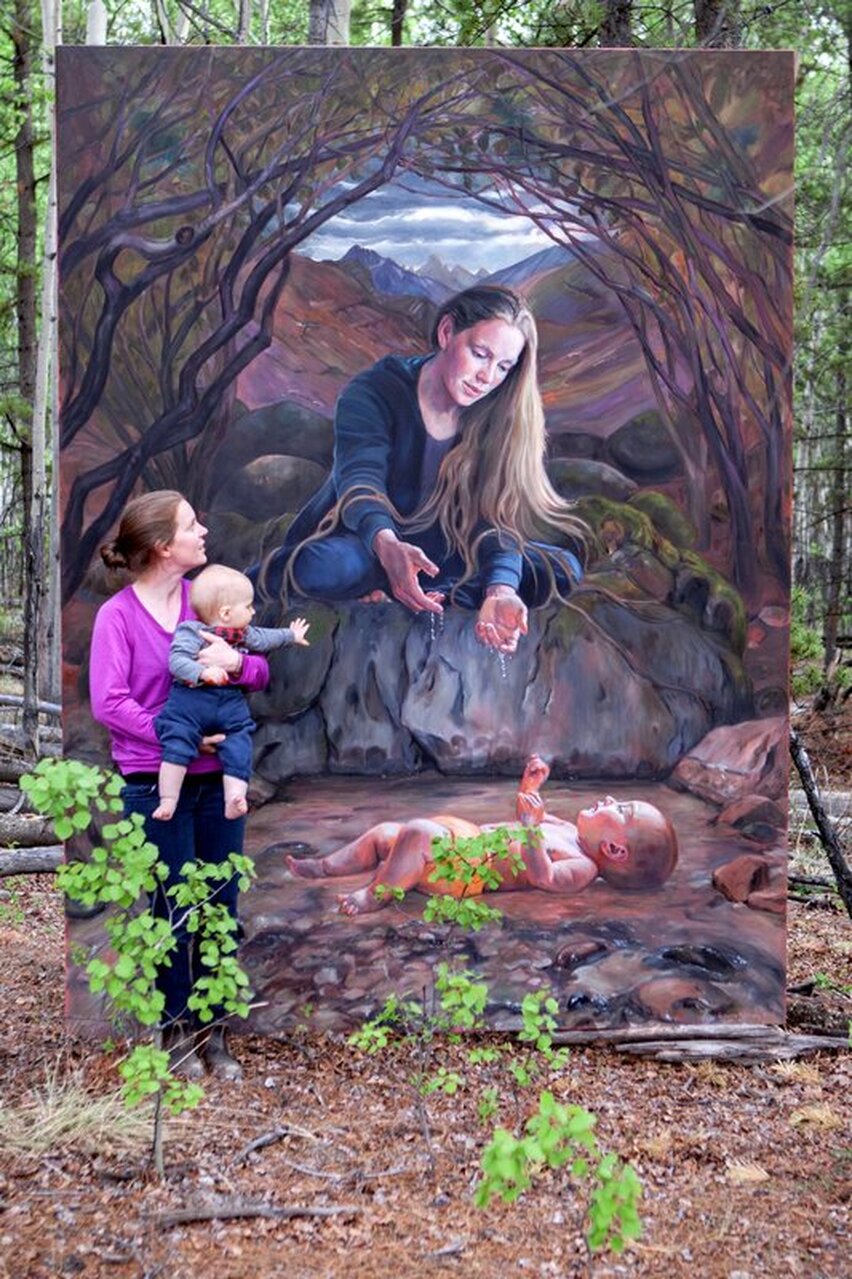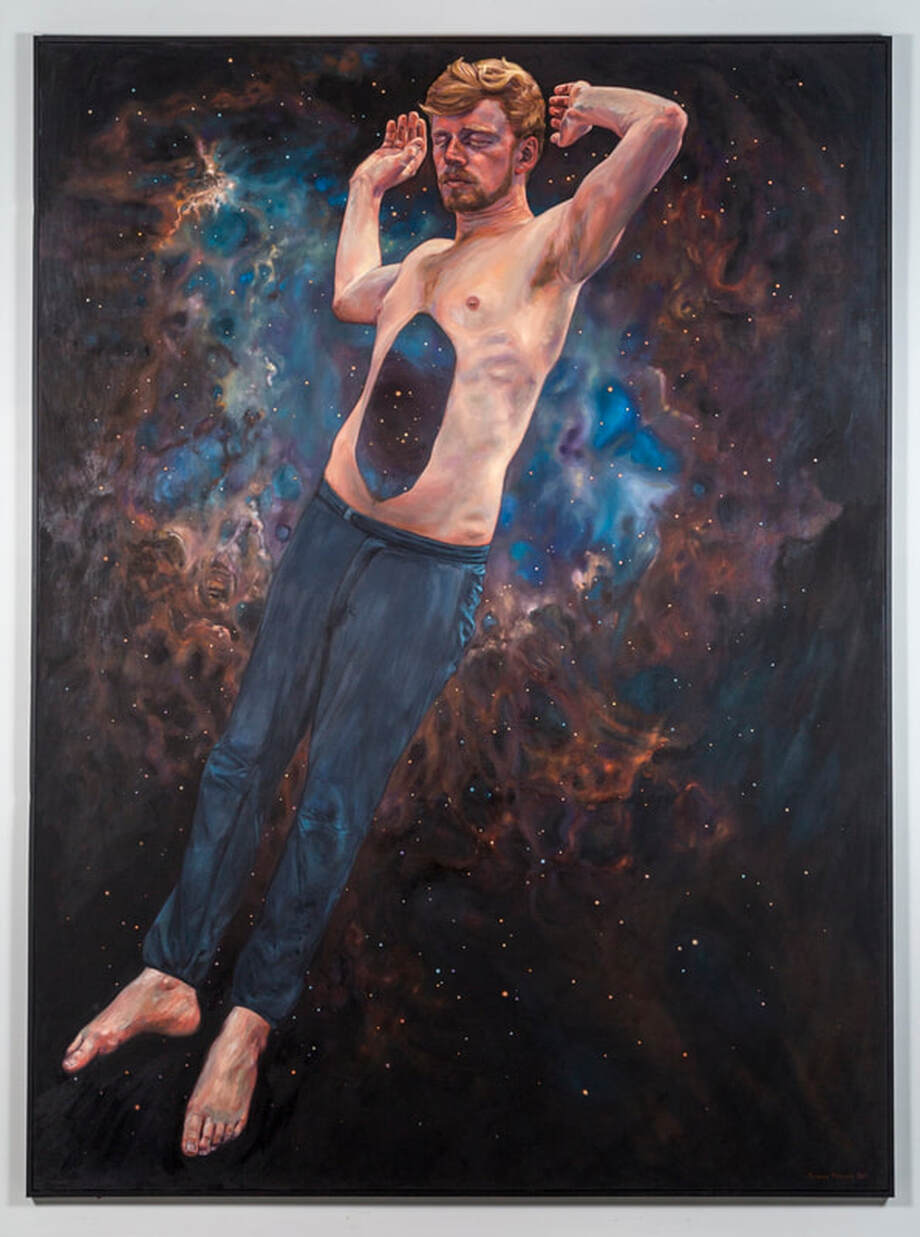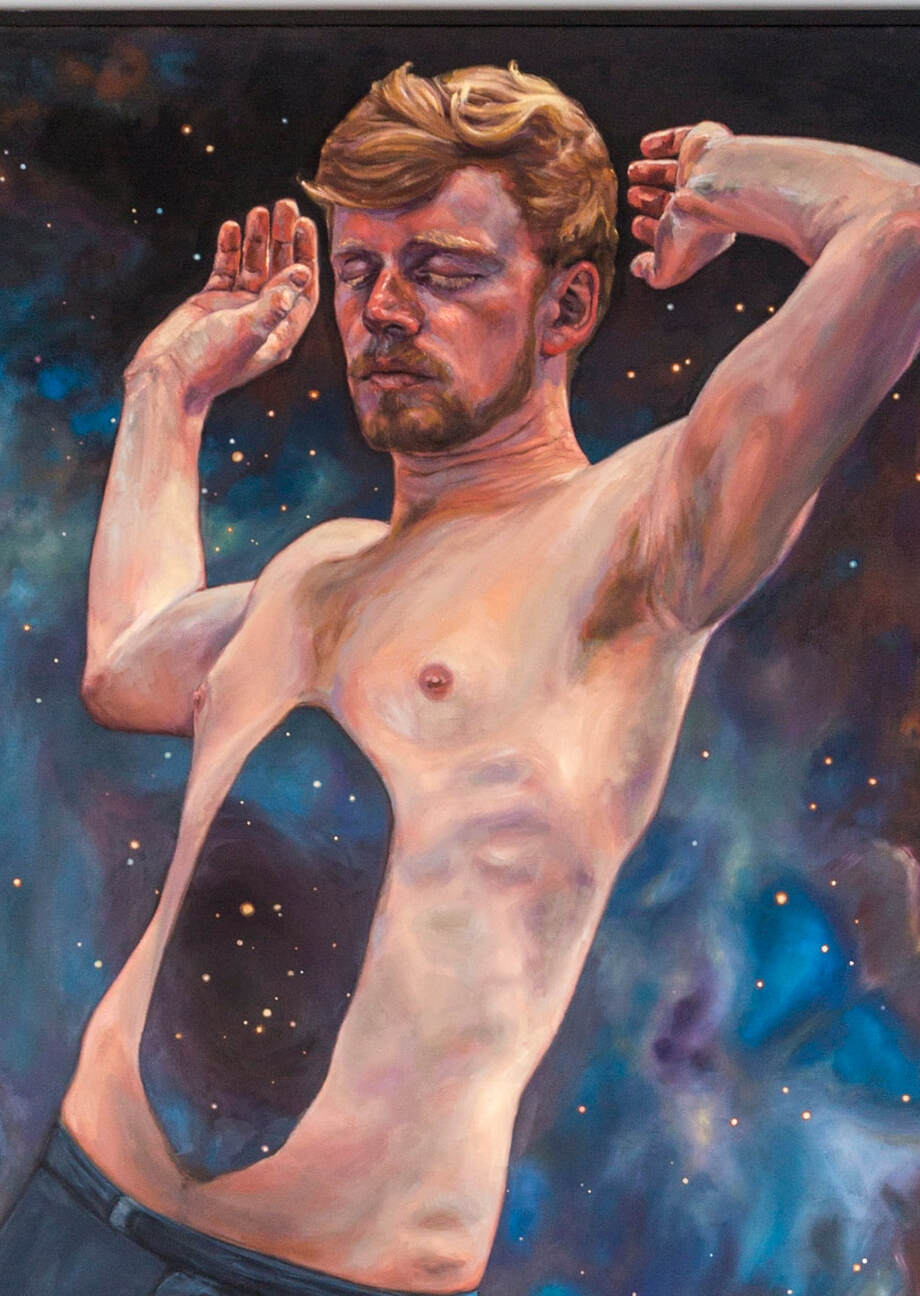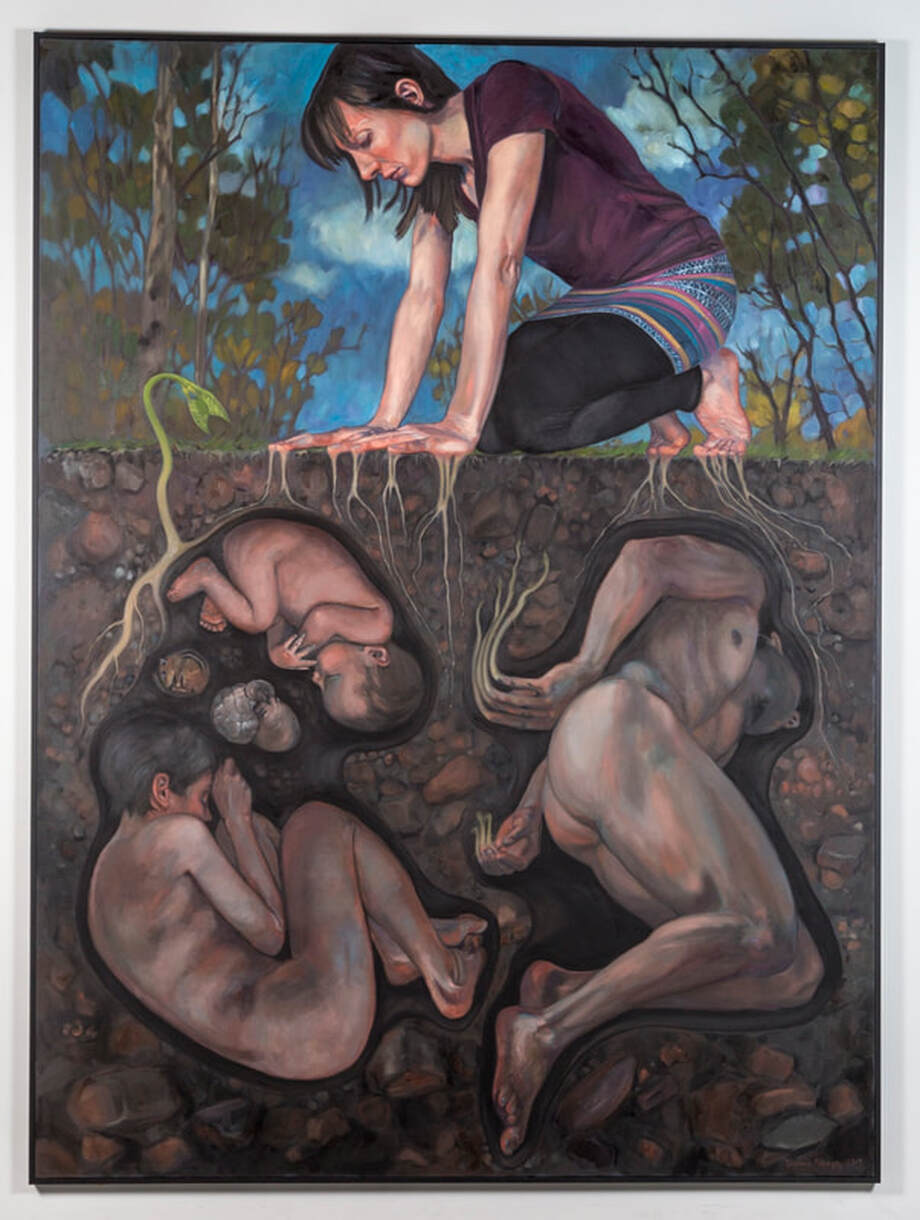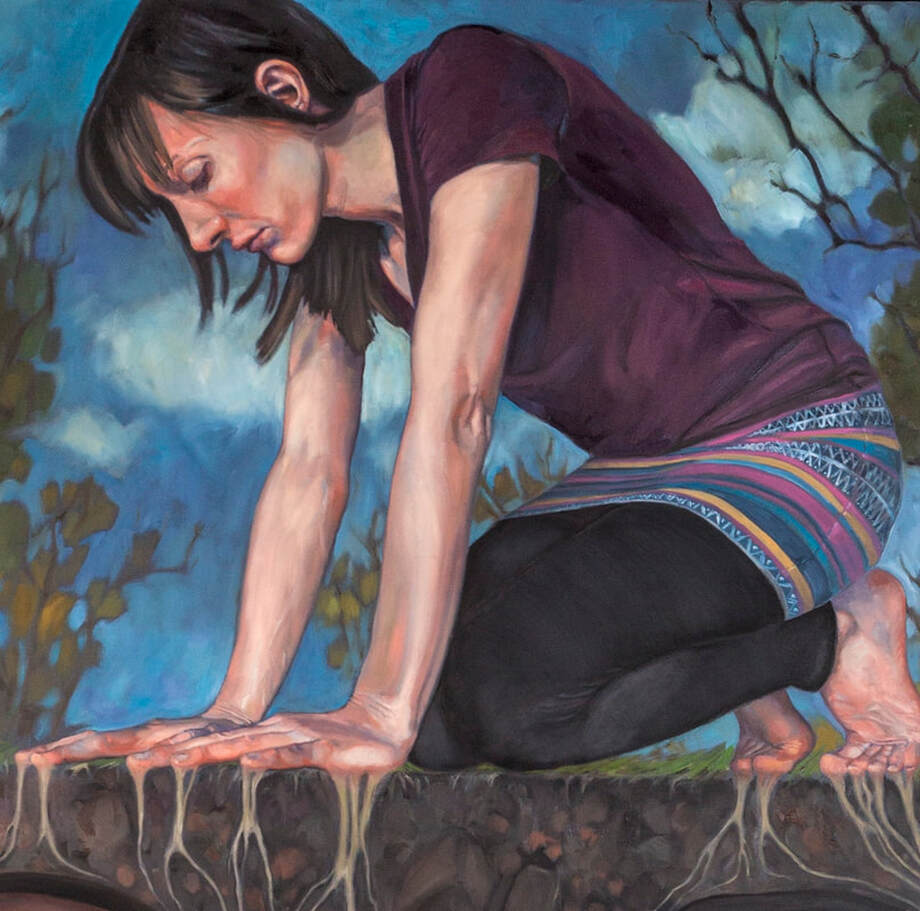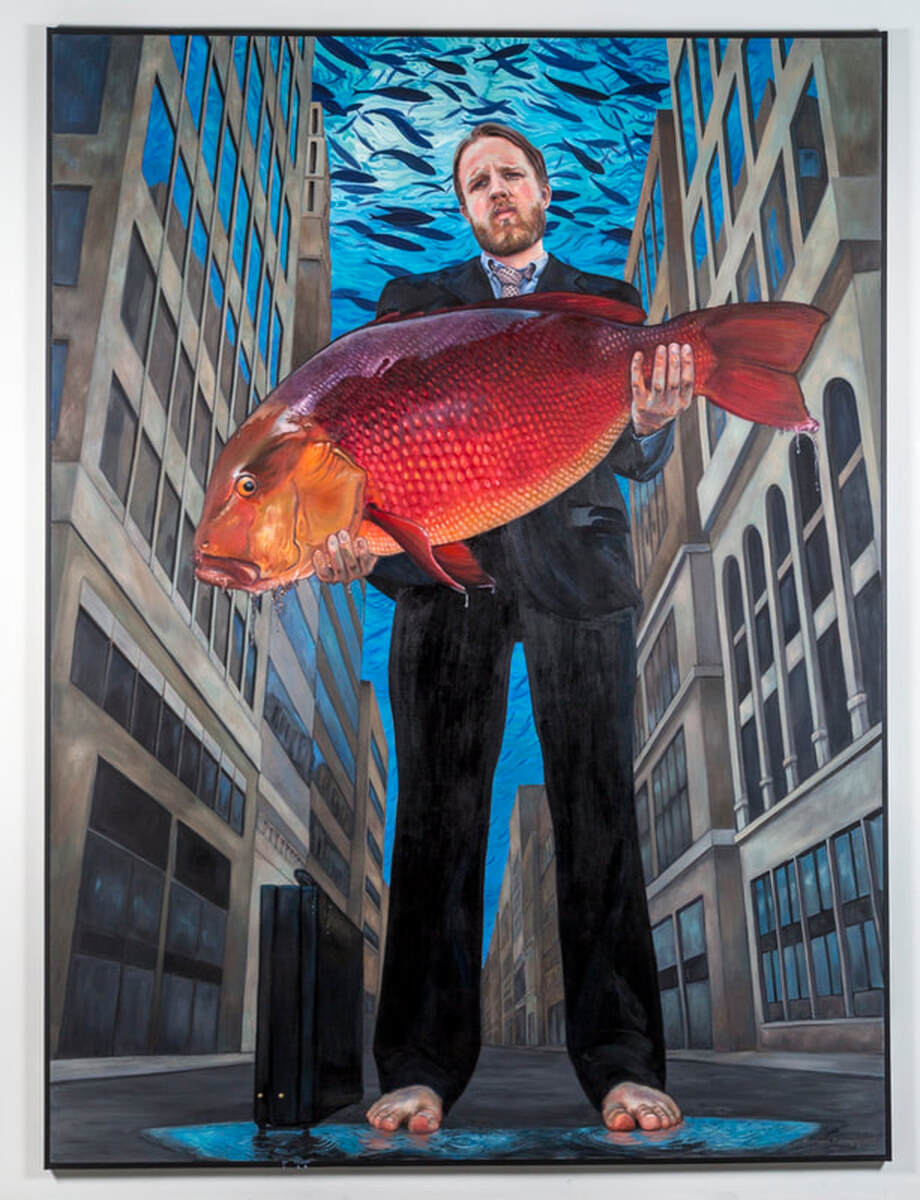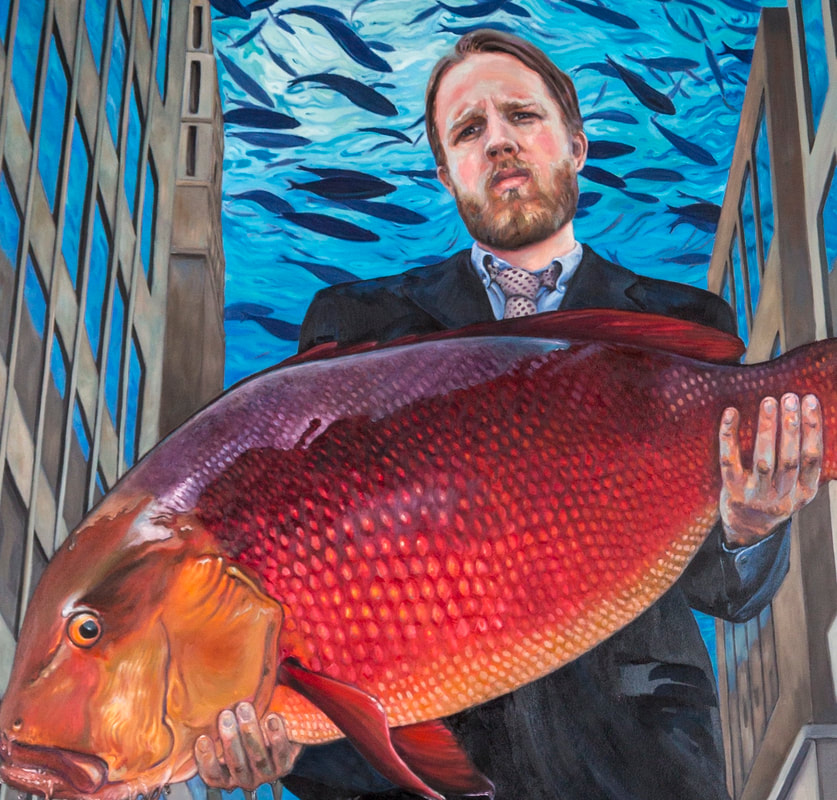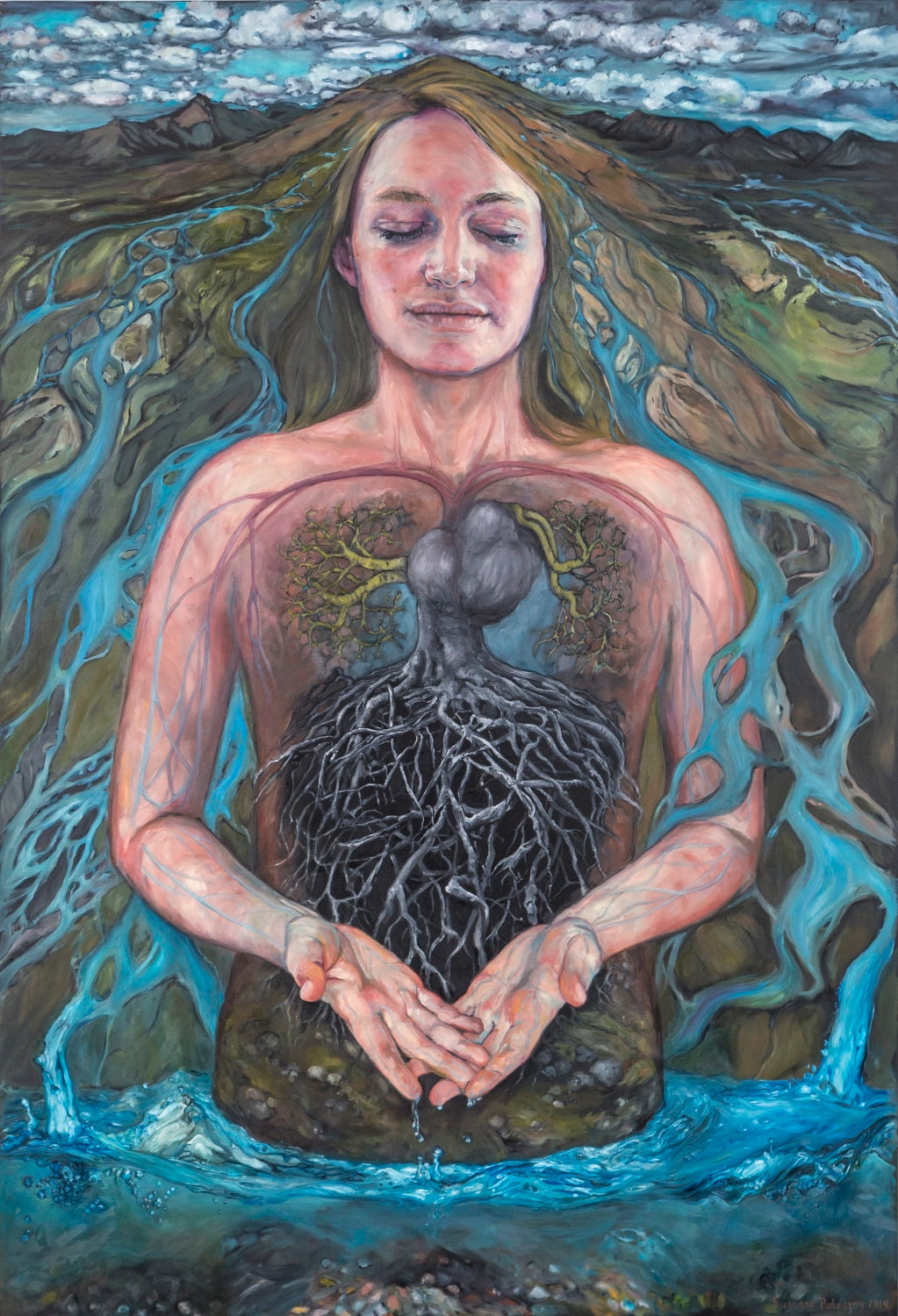human / nature
This body of work explores a perplexing and troublesome question: why do we seem unable to stop ourselves from destroying earth? Have we forgotten that we are nature too? What if we could remember our own beginning in a nascent universe--what it felt like to be stardust, to live in salty seas, to feel our connectedness to everything else? What would it mean for our world if we had this insight?
artist statement
“The earth is not just the environment. The earth is us. Everything depends on whether we have this insight or not.”
Thich Nhat Hanh, from Love Letter to the Earth
This body of work stems from a troublesome question: why do we seem unable to stop ourselves from destroying the world? It is a question that perplexed me even as a child in the early 70’s as I watched smoke spew from the stacks of industries along the St. Marys River in Sault Ste Marie. If we knew that pollution was bad, why, I worried, was it still allowed to flow unimpeded into the sky.
Evidence points to increasingly catastrophic consequences of our actions. Most of us understand this on an intellectual level, yet we continue to act in ways that contradict this knowledge. Perhaps a fundamentally flawed worldview is to blame; a worldview that has evolved over eons by an increasingly complex cultural world that we have constructed fortress-like around ourselves. Like a clearing in a forest that grows so large that its centre retains no trace or memory of its former condition, I wonder if we too have lost sight of our origins. Over time have we forgotten, or perhaps more profoundly, do we no longer really believe, that we too are nature?
How do we dismantle the layers that separate us from the natural world? All life on earth emerged from the amniotic waters of ancient seas. Our bodies still retain vestiges of our watery past, but what about our memory? Do traces of our ancient selves also reside in a collective unconscious? For millennia, humans have contemplated humanity and posited myriad creation myths; humans emerged from giant oak trees, fish, soil, air, the cosmos. None of these are wrong. The chemical elements that make up you and I are the same building blocks that make up everything in the world. These are recycled over and over so that every atom in our bodies was once a part of something else.
What if we could remember our own beginning in a nascent universe--what it felt like to be stardust, to live in salty seas, to feel our connectedness to everything else? What would it mean for our world if we had this insight?
I explore these notions in this exhibition by combining realist portraiture with surrealist elements. The large oil paintings examine the relationship between humans and nature through ruminations about species extinctions, motherhood and the vastness of space. A hand-built forest of larger than life humans made from Yukon driftwood and clay attempts to re-establish ambiguity, to blur the line between human and other organic matter. The works are intended to be fanciful but not frivolous, and the exhibition mnemonic rather than didactic. If we could remember that the ocean was our mother, would we still dump garbage into her?
| human_nature_catalogue_yukon_arts_centre_2017.pdf |
